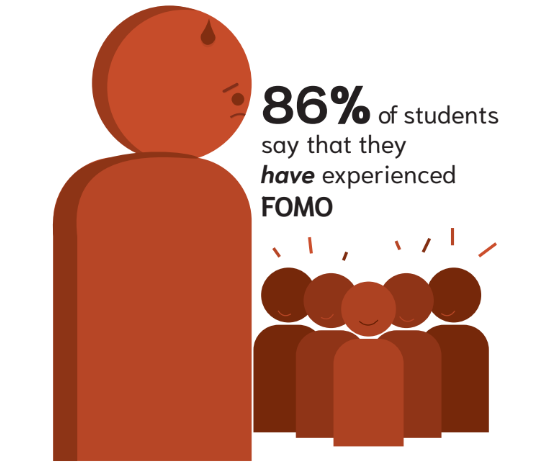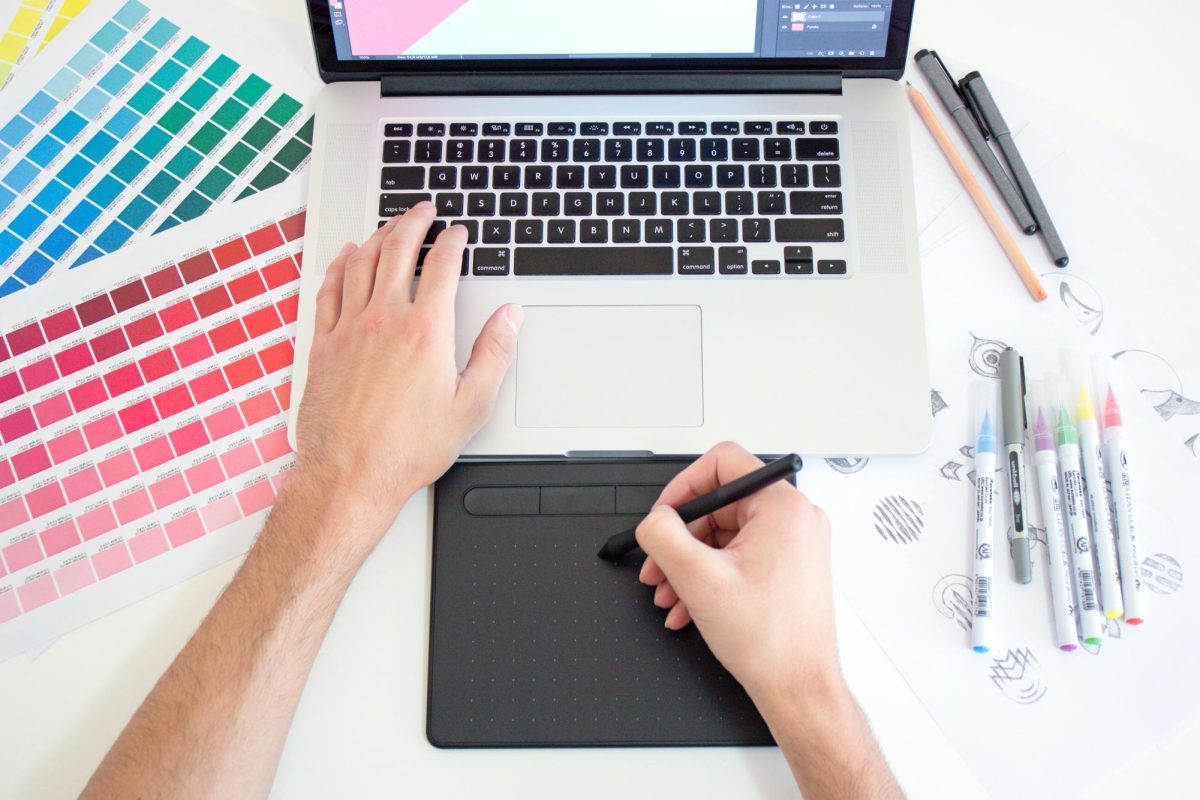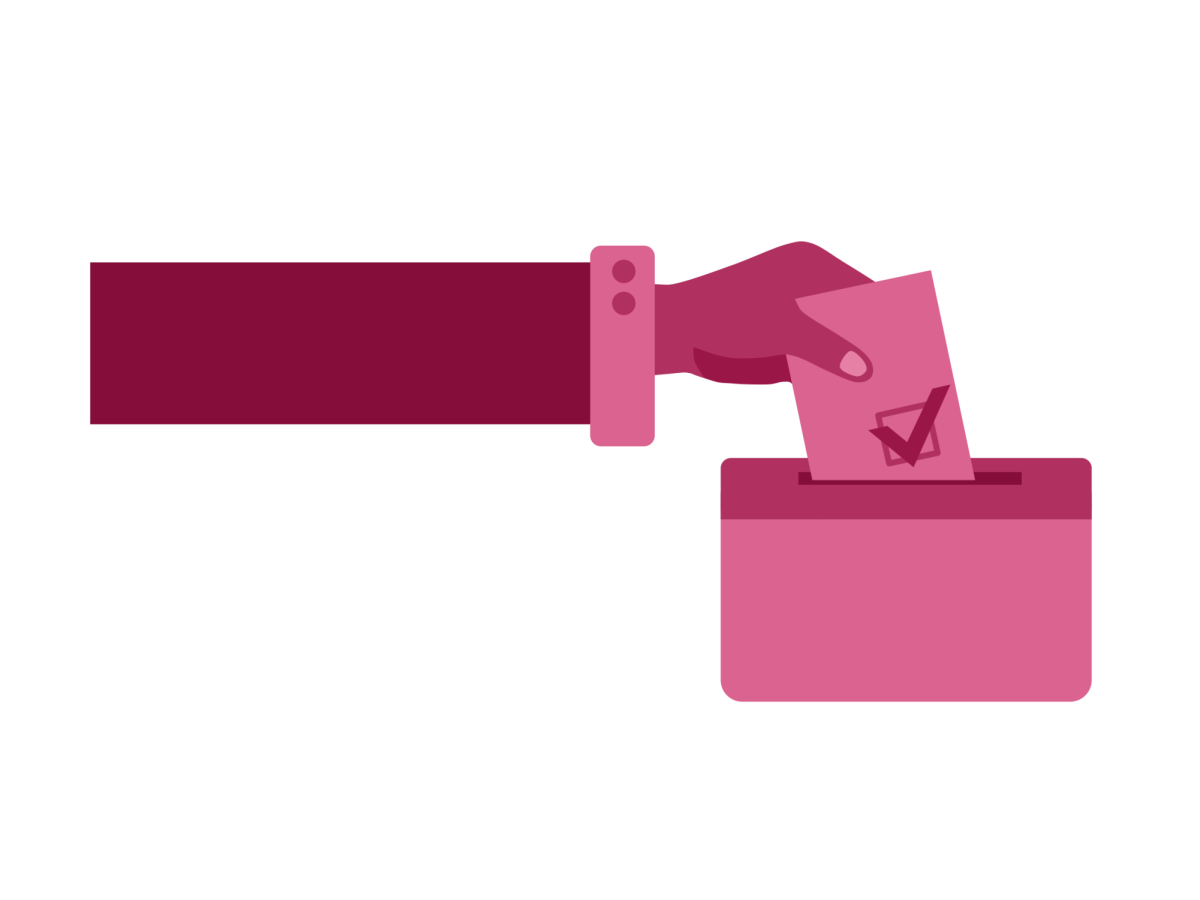
Since the first form of social media emerged in 1997, it has seamlessly woven itself into the fabric of our daily lives shaping the way we connect, communicate and perceive the world around us. However, beneath the “black mirror” full of curated profiles and hand picked, picture perfect moments lies a complex psychological minefield.
Social media can be linked to poor mental health, typically due to fear of social exclusion and decreased life satisfaction and self-image. According to a study performed at Harvard, students exposed to Facebook shortly after its release in 2004 experienced an increase in depression and anxiety.
Fear of missing out (FOMO) is a phenomenon often caused by social networking sites, and can be otherwise described as an anxiety or feeling that something more exciting is going on elsewhere and is being missed out on. According to the National Library of Medicine, FOMO is a problematic attachment to social media and can be found to be a cause of lack of sleep, reduced life competency, anxiety and other negative social and emotional issues.
While social media encourages an easier form of communication, use driven by FOMO can reinforce social avoidance, heighten anxiety and contribute to anxiety disorders. FOMO is characterized by constant comparison and a fear of social exclusion, which leads to distorted self-perception and a cycle of compulsive checking. It intensifies feelings of loneliness and inadequacy, exacerbating emotional distress and impacting self-esteem.
A common result of the curated stream of content most social media users receive is worsening body image. According to a study done by the Florida House Experience, 88% of women and 65% of men compare themselves to images they observe on social media.
At Communications High School, many students find themselves struggling with social media addictions and comparing themselves to others on social media.
“I find myself doom scrolling, like I find myself just constantly looking at stuff,” junior Isabella Remolina of Shrewsbury said. “I also start judging myself, like I’m not doing enough when I see people’s accomplishments.”
While social media is one of the most incredible tools available, it’s just that – a tool. Sophomore Nicho Thamburaj of Aberdeen is one of many who believes in the importance of disconnecting.
“It’s always good to take a break from technology and social media,” Thamburaj said. “It can definitely be detrimental to your mental health to be attached, so it’s good to take a break.”









